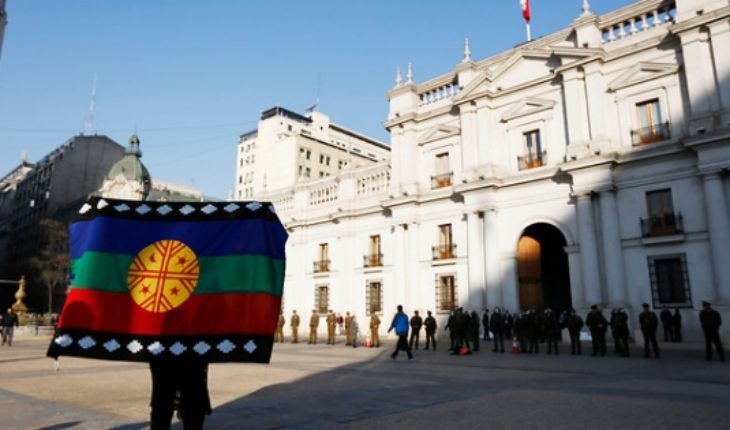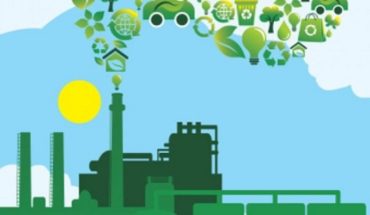A study by the Inter-American Development Bank (IDB) called “Inequalities of investment public in territories with high presence indigenous in Chile”, left in evidence empirically how is condemned to poverty to indigenous communities, especially in La Araucanía, the region of the country that concentrates a third of the indigenous population of the country, but also with the highest percentage of households with a lack of basic services (14%).
The study reveals that the State spends three times less in areas with high indigenous population versus the territories with low native population, and points out that as a consequence of “the actions and omissions of the State, municipalities and private”, was a “rural development dispar”of the territories with a high concentration of indigenous population compared to the territories with non-indigenous majority.
Taking into account the results of the survey Casen 2015, precise research furthermore that in Chile the 30.8% of Indians are in multidimensional poverty, while the rest of the country recorded only 20.9%.
The President of the Foundation of leadership and indigenous development, Diego Ancalao, makers of these 10 points of difference between the national average and that of communities indigenous, “is the political parties and parliamentarians who have ruled Chile”, who”blame the mapuches with justifications as they are drunk or loose, comments that enough border on discrimination”.
However, this study “Demystifies social prejudices and realizes the political responsibility of the State, which has made poverty and has orchestrated the segregation that indigenous peoples are today, because the study is saying is that the” mapuche poverty born of the policies of the State”, he assured the counter.
Ministry of peoples to this phenomenon, the consulting of IDB raises a “possible cause” that justify the lower investment in indigenous territories State, is associated with the “low technical capacity of municipalities with high concentration equipment indigenous population”, limited, consequently, its possibilities for funding public for this type of investment.
In relation to the reduction of multidimensional poverty among the indigenous population, the study points out that “urges the creation of a Ministry of peoples that addresses exactly these weaknesses and allowing it to assume a participatory indigenous policy and with strong emphasis on the” inter-institutional coordination”.
Equal work, less rural wage analysis on production conditions of the indigenous population shows that they are in a rather more impaired situation with regard to the indigenous non-rural population.
For Ancalao, this diagnosis shows that Chile “is a strategy of economic development for indigenous peoples. The State has not improved the production capacity of the Mapuche people, and only focuses on non-Indians or settlers.”
The study cites the agricultural national census VII, which revealed that between 2005 and 2007, access to public subsidies – non-refundable productive capital – by indigenous producers was 4.909, while that of non-indigenous amounted to 8.379.
Another inequality also manifests itself in the salary that workers receive on their own. In the case of the indigenous people, the average income of the activity silvoagropecuaria records a salary of $588.631, nearly half of what non-indigenous producer, who perceives an amount of $1.114.477 wins.
I.e. the study verifies that there is a labor and wage discrimination where, without justification, the monetary compensation for indigenous people is less. This Act of discrimination is prohibited by the same Convention 169 of the international of the Labour Organization (ILO) concerning indigenous and tribal peoples, says research.
In this sense, “all Governments since 2002 that have administered the State are committing a situation that breaks the agreement and break the law, producing a level of great discrimination, creating poverty, economic segregation and political segregation in the” indigenous peoples of Chile”, concludes Diego Ancalao.
translated from Spanish: Condemned to poverty: study reveals that public investment is three times lower in the indigenous world
February 5, 2019 |





